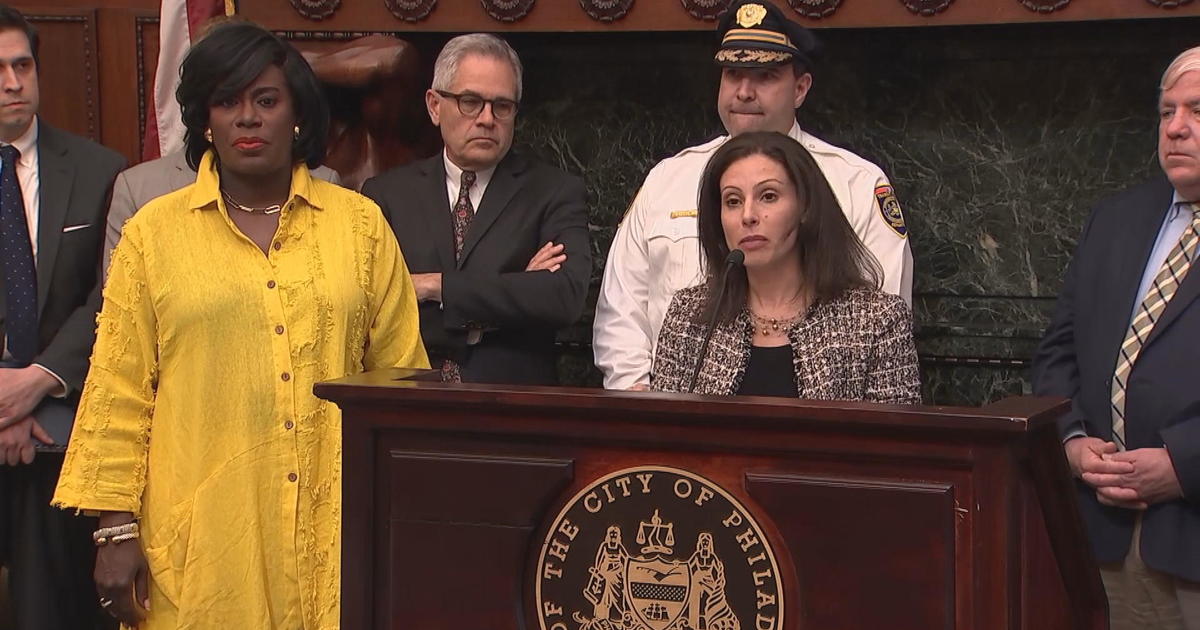Health: Too Young For Perimenopause? Maybe Not
By Stephanie Stahl
PHILADELPHIA (CBS) -- Women in their thirties who notice they're gaining weight or losing hair might not realize there's a physical cause. Health reporter Stephanie Stahl says it's happening to millions of women. Even doctors can have trouble figuring it out, but persistence paid off for a patient who suffered for nearly a decade.
Life seemed picture-perfect for Sara Renaud, but behind her smile, the 40-something was hiding a secret. Sara said she was experiencing "fatigue, severe depression, nausea, night sweats, brain fog and joint pain." She was suffering from what seemed like a mystery condition.
"I didn't know what it was, and neither did the doctors," Sara said.
It took several doctors nearly 10 years. Then she finally got the answer.
"My estrogen was low. My testosterone was low. My progesterone was low. There were all out of balance," Sara said. She was in perimenopause.
"This was happening in my early thirties, so I didn't even think about perimenopause," Sara said.
Sara was prescribed hormone creams and started seeing changes in just weeks.
Gynecologist Dr. Prudence Hall says Sara's case wasn't surprising.
"It's coming earlier than most of us expect, and it's not talked about or discussed enough, so women don't know what's happening to them," Dr. Hall said. "Perimenopause starts in a woman's mid-thirties. It can start before that, but classically, it's 36, 37, 38, 39."
The doctor said Sara's symptoms were typical and can also include rapid weight gain, thinning or hair loss, interrupted sleep, low libido, trouble remembering, and an overall feeling of being overwhelmed.
Dr. Hall says women shouldn't ignore perimenopause or try to muscle through it but instead get help as early as possible.
"When women know what the symptoms are, they're going to identify it within themselves and they're going to go to their doctors and say, 'I think I'm in perimenopause. I need treatment,'" said Dr. Hall.
Sara said treatment "changed my life. I'm a different person."
Perimenopause is different for every woman. On average, it lasts four years, but it can last anywhere between a few months to ten years.



